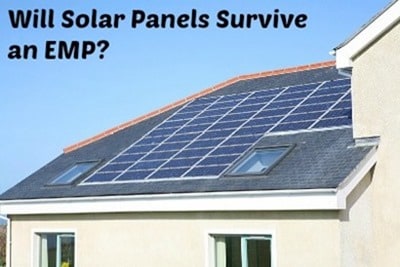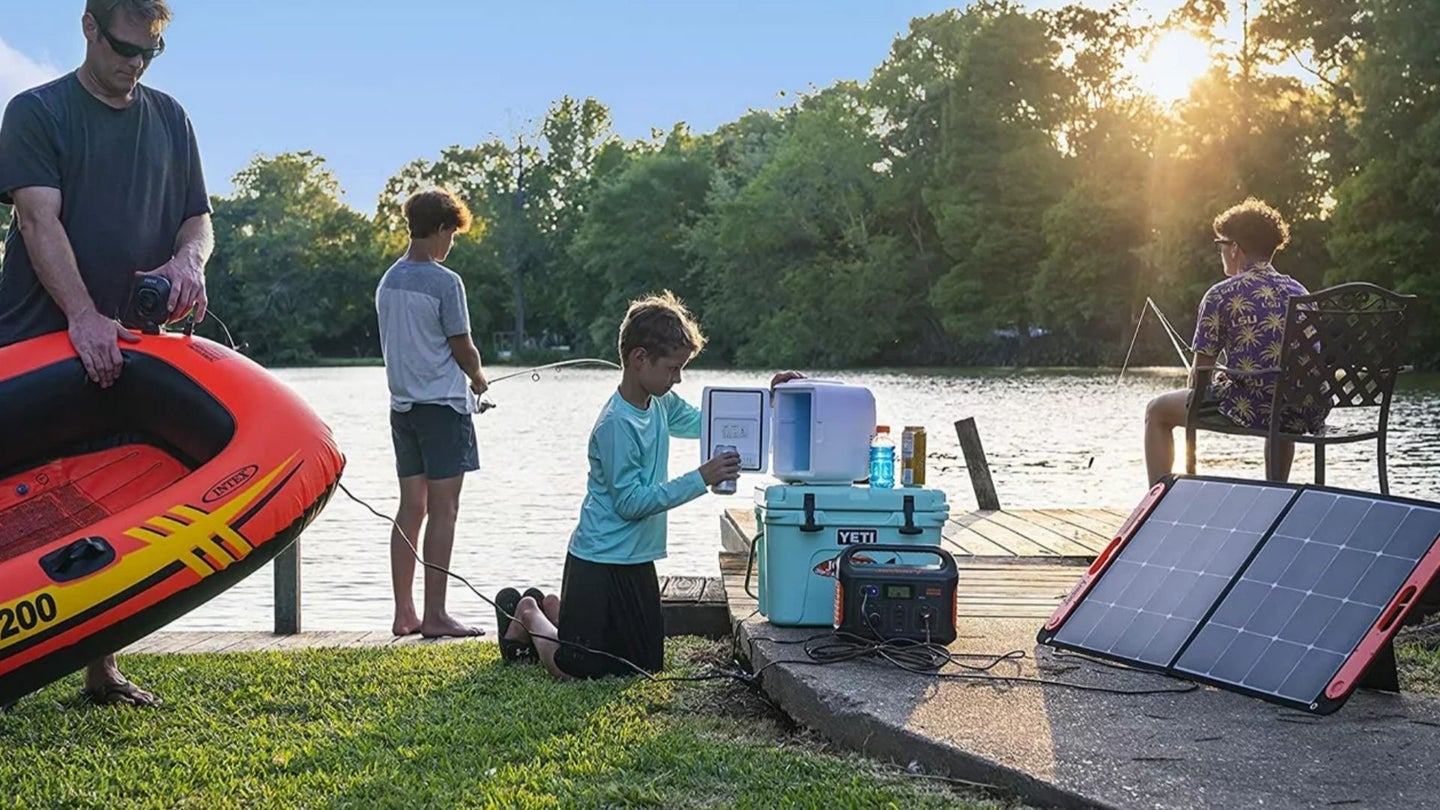Many people these days have their phones, laptops, televisions, and other gadgets that require frequent power to function.
If you’re one of those people, then it can be frustrating when there is an outage or your device runs out of battery.
Luckily, we all have something most of us don’t have at this time — solar energy!
Solar power is the process of converting light into electricity using photovoltaic (PV) cells and technology.
It’s always been around, but in recent years PV systems have become more affordable and efficient. There are now many different ways to use solar power from powering small devices such as cellphones and computers through portable batteries to creating static power via rooftop units and even large-scale grid-connected projects.
Many individuals and companies have found creative ways to generate their own clean energy to help balance out the current state of global energy production. In fact, some countries rely heavily on renewable energy sources like sun and wind to fuel almost everything!
So how well do you know about solar power? Let’s dive in and learn some things today!
Disclaimer: The content in this article will focus mostly on concepts and basics of PV system design and operation.

Design your solar power system properly
When it comes to solar power, there are two main components-the panels and what you do with them once they’re installed. The size of your panel depends on how much energy you expect to get from sunlight in an average season as well as the length of time you can access that sun.
Too large of a panel will cost more to purchase and install, but it will keep up longer before needing to be replaced. Too small could mean not having enough electricity to meet your needs, especially during peak times like midday when the sun is most powerful.
You want to pick a size that is just right so that you have enough power for the hours of sunshine the panels produce and the days that they don’t.
Buy the right equipment
One important thing to consider when investing in solar power is what size system you need. This will depend on your energy needs, how much sun exposure you get, and whether or not it is summer time!
Solar panels that are too small of an investment will result in poor performance due to the fact that they won’t be able to supply enough electricity to make up for winter months with no sunlight. It also means that you will have to buy more pieces of expensive auxiliary equipment like batteries to store the extra power.
On the other hand, buying a large panel package can be very expensive unless you use part of it constantly. There may be better alternatives such as using several smaller panes connected together– making it cost equivalent to one big panel.
Also, remember that even though seasonal changes require less energy during winter, this doesn’t mean that your solar power system isn’t consuming anything at all. Even if it is still running, it can be storing some of its own energy away until spring.
Connect to the grid or install battery backup
In case of an emergency, even if your house has solar power, it will not matter unless you have connected to the electricity grid!
This is important because most houses are not designed to work without energy supply at this time. Your appliances and gadgets will stop working in a situation like this so you need to be prepared by having back up.
You can buy small batteries that are good for storing energy for use during a blackout which may last hours, days or weeks depending on how much energy the sun does not shine on the panels.
These are called rechargeable batteries and do not cost as much as larger sized ones. Check out our article about the best smartphone cases for more tips on keeping your phone safe!
Installing a battery bank can sometimes be tricky so make sure to research different types before buying.

Pick your site
When it comes down to it, solar power is not very expensive at all! There are many ways to source energy from the sun, and you do not have to be in rural areas to use it. Many cities offer discounts or incentives to those that install their own solar power system.
Some of the most common sites where people install panels include roofs, parking lots, rooftops, and even dry ponds or garages. The amount of power generated depends on how much sunlight the panel receives, so picking a sunny location is important.
There are also professional firms that help with installing panels, making it easier to start off on your own. Some give helpful tips and information while others take care of everything. They may even pay part of the cost to get started!
Solar power can be fun to work with, and learning more about it helps keep it interesting.
Decide if you want to lease or buy
As we mentioned earlier, there are several ways to use solar power. You do not have to stick with electricity in cars or house batteries – nor do you need to invest in expensive equipment at this time. There is one option that has been growing in popularity recently — how about leasing or buying a panel?
There are many reasons why having a solar panel installed on your property is a great idea. It can be cost effective in the long run as well as sustainable now and in the future. Some of the most common uses include powering an appliance such as a phone, computer, or TV directly through wires, or using free energy from the sun to help power or charge other devices.
Check the government’s disaster response website
Recent major disasters have highlighted the importance of having enough electricity to survive or re-start your life after the event. Fortunately, most areas are able to receive some form of power from the grid for an extended period of time.
It is very important to understand that even if you do not own solar equipment, there are many ways to help others by donating or lending yours. It is also worth noting that while it may be tempting to discard broken pieces, these can actually be sold and the proceeds donated towards new gear!
Many towns have community centers that offer free use of resources such as computers, phones and televisions in order to assist people in starting their recovery. This is a great way to start looking into how to contribute energy beyond just buying new hardware!
Your local utility company will usually keep a list of all the shelters where they store extra supplies, so make sure to check in with them too. By being aware of this information now, you will not need to spend much time gathering needed items afterward.
What are some safety concerns with solar energy?
As solar energy becomes more and more popular, it’s important to be aware of the potential safety concerns associated with it. Here are some things to keep in mind:
1. Solar panels can get extremely hot. Be careful not to touch them or stand too close to them, as you could get burned.
2. If you have solar panels on your roof, make sure they’re installed properly so they don’t come loose and fall on someone.
3. If you’re using a solar-powered device, be careful not to expose it to too much sun, as it could overheat and catch fire.
4. Be careful when using solar-powered devices near water, as they could electrocute you if they come into contact with wet skin.
5. Be aware that some solar-powered devices emit UV rays. If you’re going to be using them for an extended period of time, make sure to wear sunscreen and protective clothing.
By following these safety tips, you can enjoy the benefits of solar energy without putting yourself at risk.
Is it cost-effective to go solar?
Are you considering making the switch to solar energy, but wondering if it’s really worth it?The cost of solar panels has dropped significantly in recent years, making it a more viable option for many homeowners. In addition, solar panels have become more efficient, meaning that you can generate more power with fewer panels.
The initial cost of solar panels is still the biggest barrier to entry for most people. However, when you factor in the long-term savings on your electric bill, as well as the environmental benefits of solar energy, the investment becomes more attractive.
Solar panels typically have a 20-25 year lifespan, so you can expect to see a return on your investment over that time period. In addition, solar panels increase the value of your home, so if you ever decide to sell, you’ll be able to recoup some of the cost.
If you’re still on the fence about going solar, there are a few things you can do to reduce the cost. One option is to lease solar panels, which allows you to avoid the upfront cost while still reaping the benefits of solar energy.
Another option is to purchase solar panels second-hand. This can be a great way to save money, as you can often find panels that are only a few years old for a fraction of the price of new panels.
Finally, you can take advantage of government incentives for solar energy. Many states and local governments offer tax breaks or other financial incentives for homeowners who install solar panels.
So, is it cost-effective to go solar? The answer is a resounding yes! The upfront cost may be daunting, but the long-term savings and environmental benefits make solar energy a wise investment.
Prepare your family
In the case of an emergency, whether it’s due to a natural disaster or a man-made situation like power outages, your family will need help understanding how to be self-sufficient when solar power is not available.
Most importantly they must know how to take care of their own health while being food secure and having access to shelter.
Your children can learn these skills by practicing them with toys and games during non-emergency times and then using those lessons in real life situations.
They can also learn about nature by exploring different plants and studying their parts.
As parents yourself, you should be aware of what resources are available to your kids and if anything seems too advanced, no worries!
There are many great online courses and educational apps that don’t cost a lot to look at so even if you aren’t tech savvy, there are ways to get some knowledge.
This would be a good time to ask other people around you who may have experience with the app or course to help pass along the info.
Make a plan for your house
One of the best ways to prepare for an emergency situation is by having a back-up power source. This can be as simple as buying a portable charger, or having a larger battery pack that you connect to your phone.
Alternatively, if you have a solar panel attached to your home, these will also function as a powerful backup generator!
Most people are familiar with using solar panels for energy during the daytime, but what about at night? Many homes still use light bulbs as their main lighting source, which burn out over time!
By adding some circuitry into the system, it becomes possible to run most LED lights via electricity from your cell phone instead. These work very well because they recycle material leftover after production of LEDs, so there is no need to completely replace them.
It’s important to remember that this won’t work in heavy rain or when the sun doesn’t shine, so make sure to think ahead and purchase appropriate accessories.
